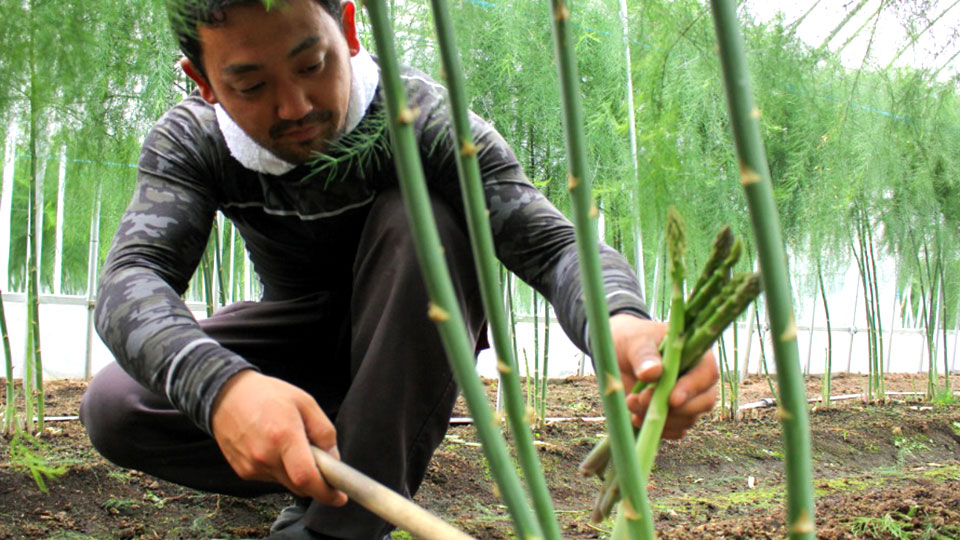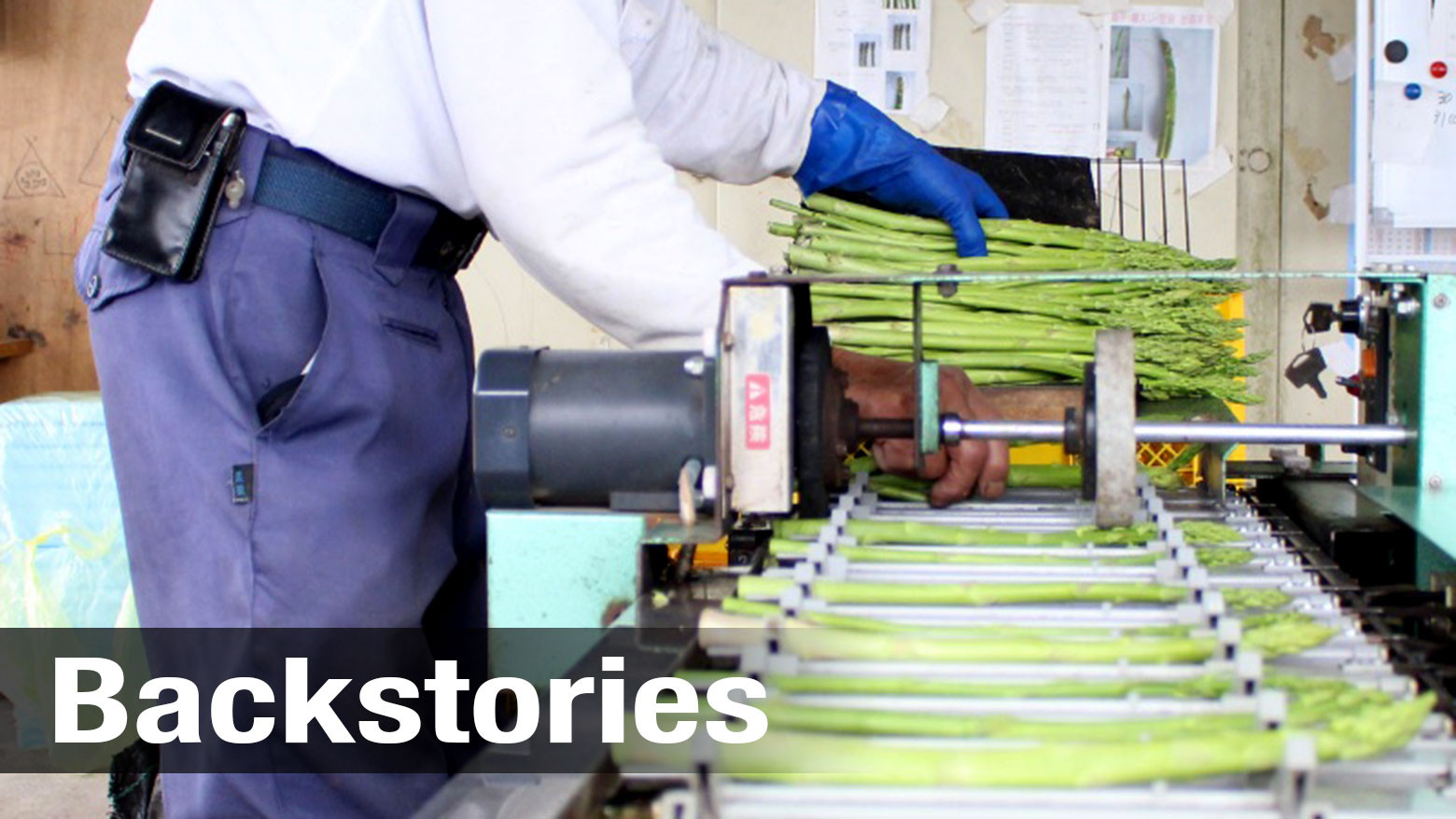28-year-old Sato Junichi grows asparagus in Tochigi Prefecture, north of Tokyo. He was planning to accept two trainees from Vietnam on April 24 before Japanese authorities abruptly stopped issuing visas.
This is a crucial time of year for Sato’s business. Harvest season will soon peak and he was relying on the trainees to help him operate the farm. He was able to hire three part-timers to ease the burden but he says they aren’t nearly enough to make up for the labor of the full-time trainees.

As Japanese society ages due to a declining birthrate, the country has increasingly turned to labor from other parts of Asia to keep its farms running. The agriculture ministry says around 32,000 foreign trainees were working in the farming sector as of last October. This is more than twice the number from 2014.
This influx will only continue after a law took effect last April enabling the country to accept more foreign workers. It was welcomed by farmers like Sato, who were looking for help running their farms. He invested about 46,000 dollars to set up additional greenhouses. It would be a lot of work, but he thought he could handle it by hiring two foreign trainees. Now, the pandemic has left him in limbo.
Sato’s farm is also more complex than most. He has a strict no chemical policy and grows his asparagus with an organic fertilizer he blends himself.
To make things worse, the pandemic has also pushed down demand for high-quality produce like Sato’s. International travel restrictions have effectively put a pause on tourism. And state of emergency declarations mean residents are increasingly staying at home. Restaurants are struggling to stay open and prices are plummeting.
Sato says it is hard to feel indignant about a situation that’s completely out of his control but he admits he may to be unable to produce asparagus in the same quantity as he usually does.
But farmers like him can get a helping hand from the Japanese government, which on April 7 passed an emergency stimulus package worth around 108 trillion yen, or one trillion dollars, to fight the economic effects of the pandemic.
The measure includes financial aid for the agricultural industry. It allocates subsidies to farmers so they can buy seeds and equipment, and compensates them for providing their lower-demand produce to school lunches.
The package also addresses the labor shortage caused by the disruption to the trainee program. It provides funds so farmers can hire agricultural school students and experienced workers. It also includes subsidies for new technologies, such as AI programs, to ease the burden of labor shortages.
Aomori Prefecture in northern Japan has also come up with its own measure to help farmers. On April 10, it launched a free consulting service that puts farmers struggling with labor shortages in touch with laborers who are currently not working due to the pandemic. The idea is to connect two sides in need of work.
“I hope farmers can secure the staff they need to ride out the busiest time of the year,” says Ebina Yoshinori, a prefectural official involved with the program. “We also hope the program can help those whose incomes have fallen.”

